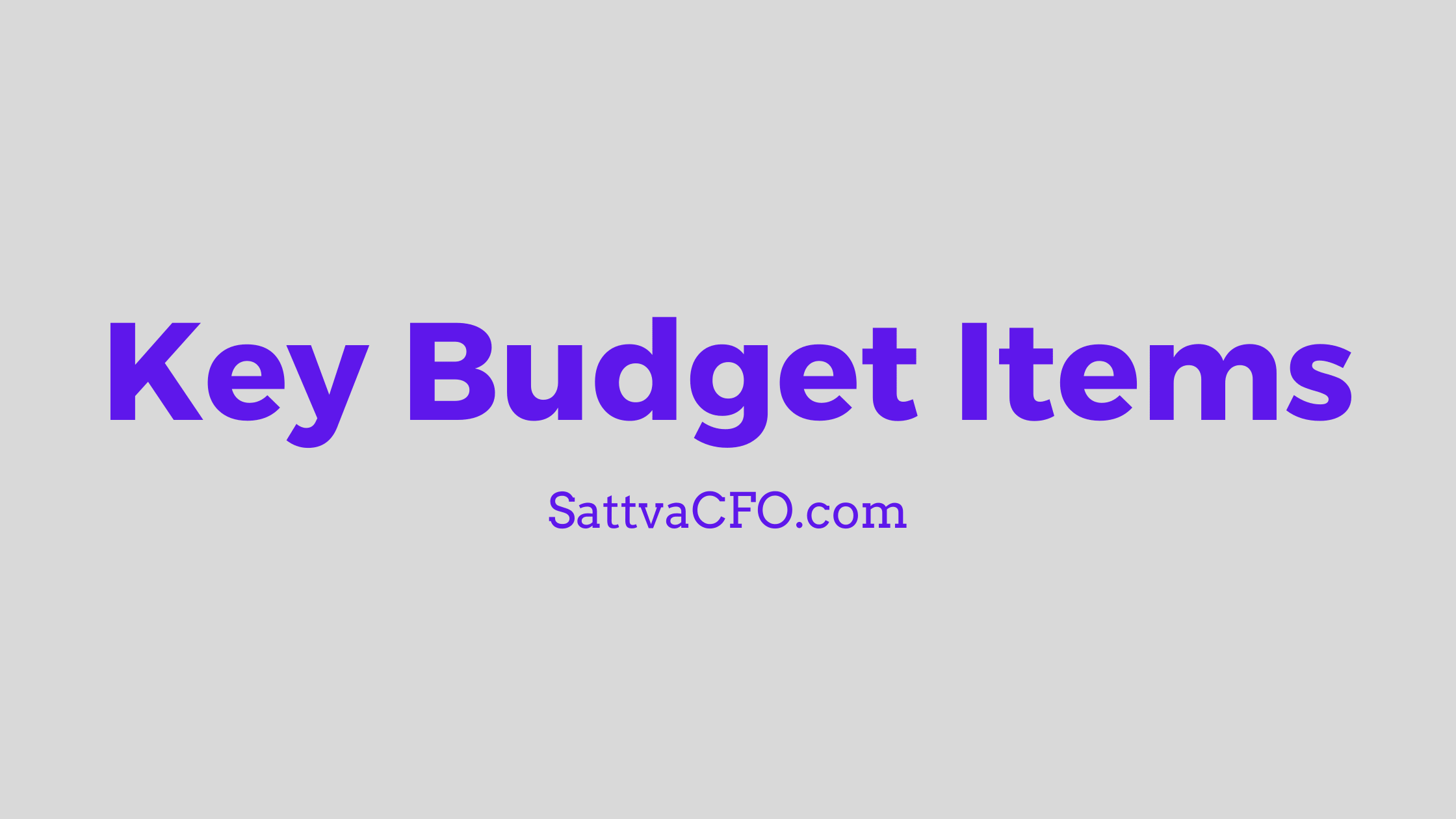5 key items every budget should have
Budgeting
A budget is a financial plan for a defined period of time. The Budget consists of Sales volume, revenues, cost incurred, assets, liabilities, and cash flow. The period or range of the budget can be defined depending on the purpose or usage of the budget number. This is an important activity of financial management. 5 key items every budget should have.
Budget can be considered as a guidepost within which the finance of the startup should be managed. If the number is varying with the budgeted figure, the concerned stakeholder should be looped in.
Key items to be factored in a budget:
- Volumes: Key volumes help to understand the target of business. For example, for a retail startup, it would category-wise the number of units sold. Similarly, for subscription-based business, it would refer to the number of paying subscribers, number of subscribers on a trial pack, number of subscribers on renewal, number of subscribers churning out & not renewing the package.
- Sales Revenue: Sales revenue is income generated from customers who buy your product or sign up for services.
Sales revenue is measured by No of units sold x Price per unit. Also for services, No of hours to be billed x rate per hour.
- Cost of goods sold (COGS):Cost ofgoods sold is carrying value of goods sold or simply put its cost involved in the goods sold. It helps to calculate gross profit (margin).
- People: People include direct employees or on contractor’s payroll. The startup should factor in the number of employees that would be required to smoothly run the operations and the cost of each manpower.
Manpower Cost = Number of employees x Cost per manpower
- Utilities: Utility Cost refer to cost incurred on key resources like electricity, water, heating, telephone, internet, etc. during a given period. 5 key items every budget should have.
SattvaCFO provides Budgeting & Forecasting, Strategic Planning services. Please connect with us.




